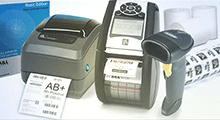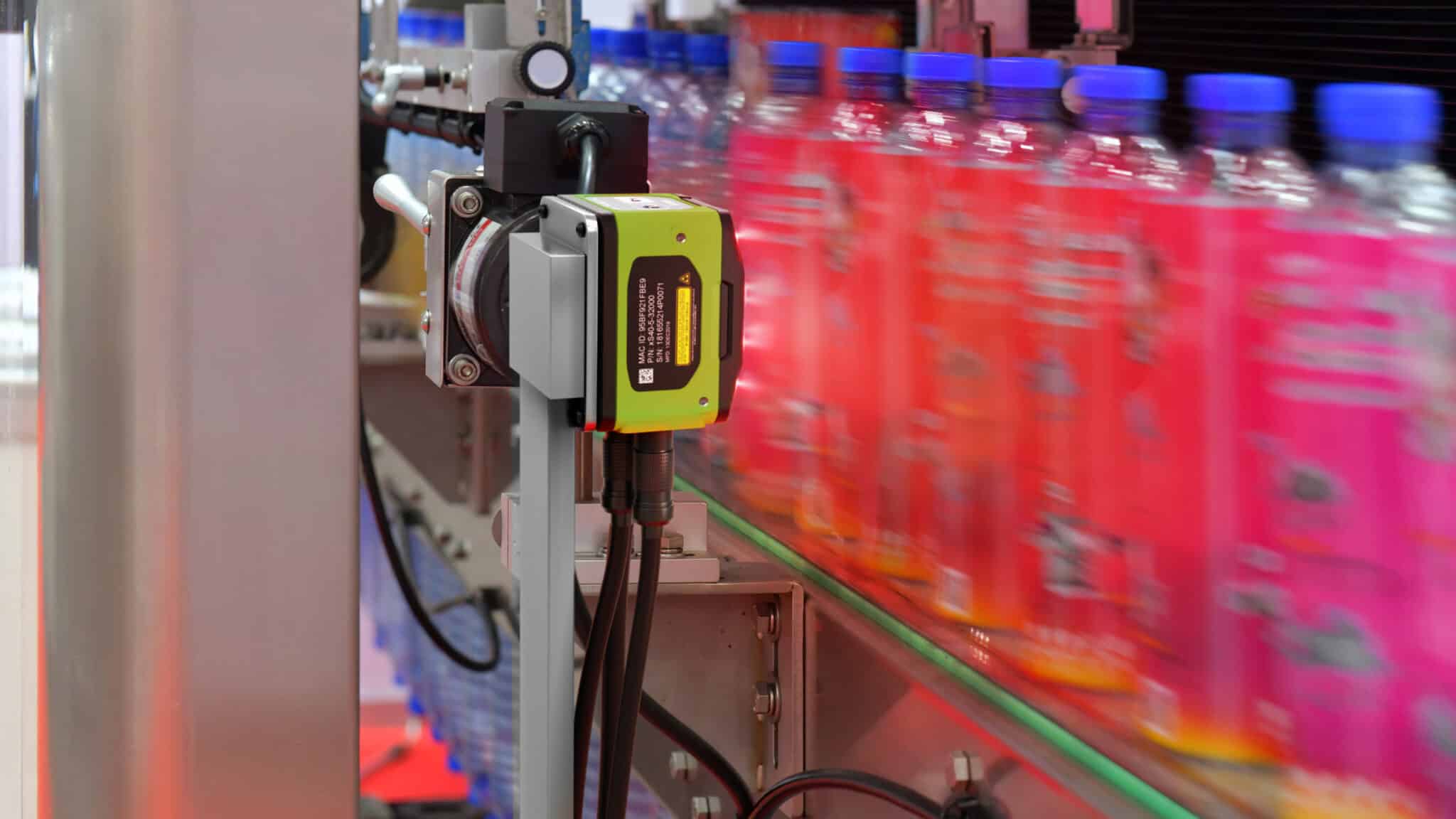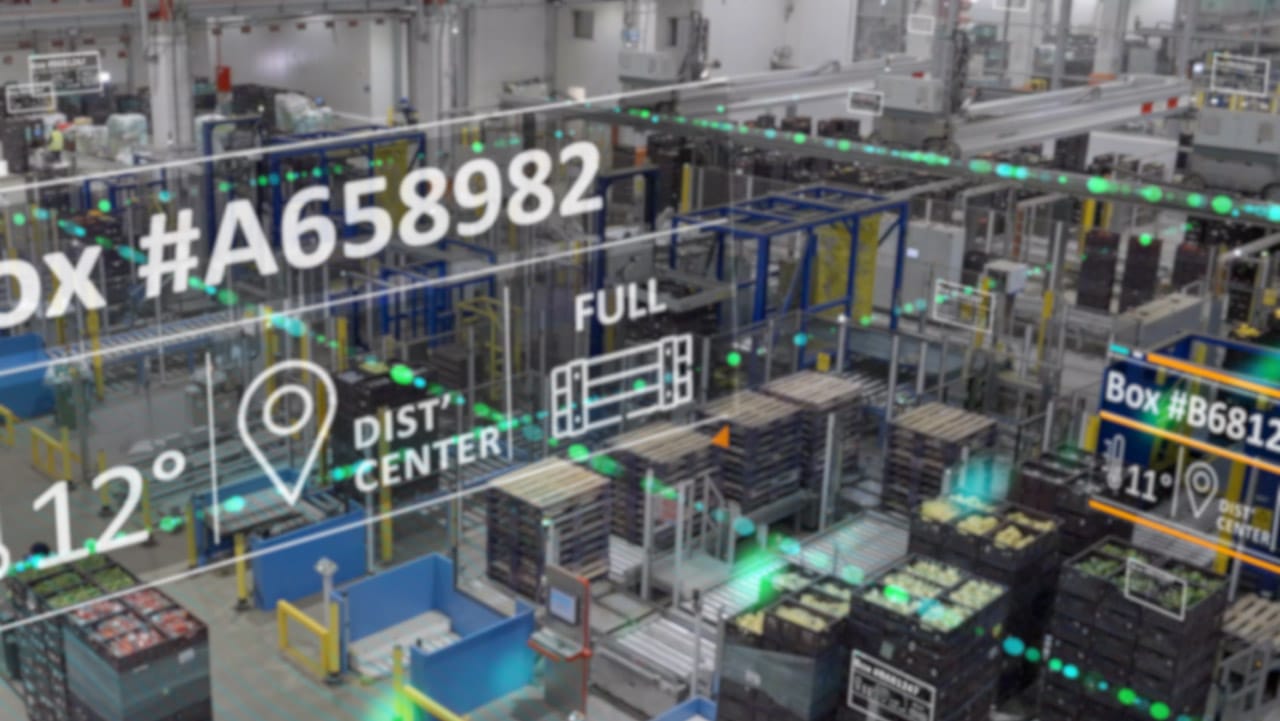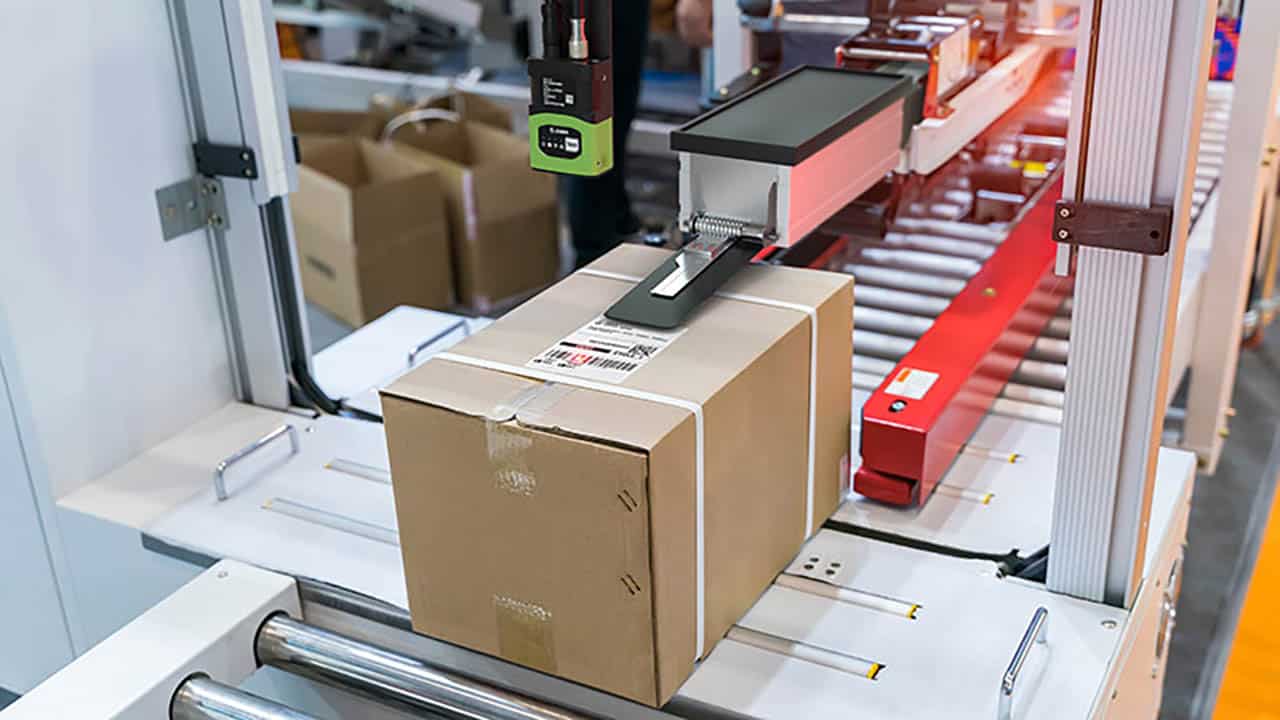Service Contracts as a Leading Factor in Your Enterprise Print Solution
For businesses that rely on Auto ID technology as a major component of their business processes, the thermal printer is a key component to making everything move smoothly and efficiently. Without the efficient and accurate output of labels, the business can not operate at a high level and costly mistakes are frequent. However, while most of us tend to put our efforts into determining an ideal printer for each application required and might also source multiple types and brands of consumables to deploy with them (ribbons, labels, forms, printheads), how much better would we do if we started with a look at service contract providers FIRST, rather than the afterthought they tend to be in the process of acquiring our printers (or replacing our end-of-life units)?

Why a Service Contract Should be a Focal Point
It’s pretty normal for anyone who needs a new bank of printers to want to start with the printer itself. Yes, we might go online to browse the latest and greatest from Zebra, Honeywell, Epson or others, or we might call the authorized partner we usually purchase from to make a recommendation for us. However, most of our resellers in this space aren’t heavy USERS of this equipment. While they may have expertise on some process insights or label technology, resellers of one brand will all have pretty much the same products available to work with, and when you put out the RFP, the bids will (generally) all be a reflection of how much margin each of them is willing to give up for the deal.
Now, if we are grouping that RFP with other value-added pieces, then perhaps the resellers will be able to differentiate themselves better with some expertise in those other areas, or the integrated approach to deploying everything that is in your RFP. But as for the printers themselves, they will all be the same printer in many cases, and you are only getting differentiation on price.
As for our own team on the floor, replacing the label roll and ribbon might be a skill set that some of them excel at, but how likely is it that we will have someone on the floor who has expertise on all facets of the printing solution – and its optimization – while that experience is limited only to what we have for our own current solution? Our best people will most likely know only our own solution and won’t have any way to know if we are missing out on a better one.
But what about your service repair person? They, on the other hand, might know everything.
Much More Than a Service Contractor
The service repair and maintenance people for our printers are a constant presence in large facilities with many units in operation. Given the constant use in sometimes harsh environments that many printers are used, along with the potential they might be used for 2-3 shifts per day, regular maintenance visits should not be unusual. The reality is that your service contractor may be just about the most knowledgeable person inside or outside of your business regarding your printer needs. Why?
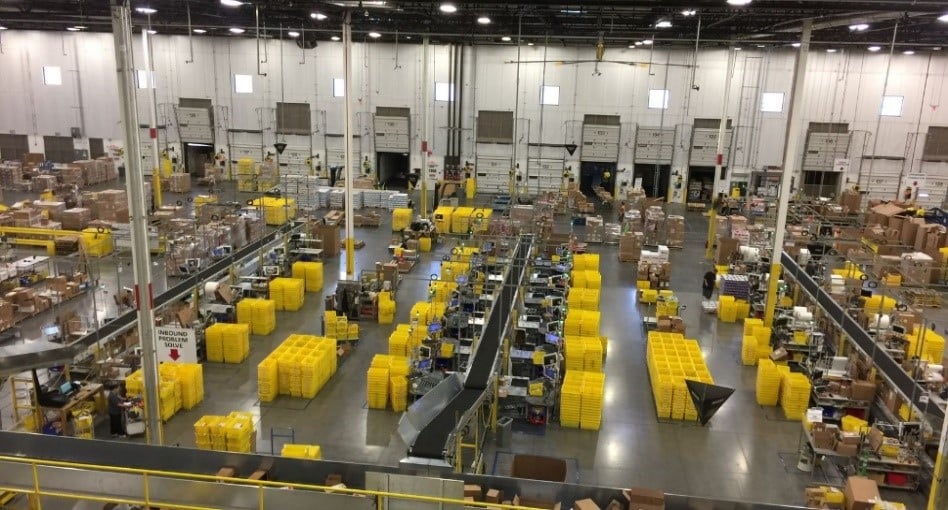
1. Now guess who actually knows where ALL the printers are?
- They are familiar with your printers: Brand, Model, Application, Location, Age
- They know what consumables you use – ribbons, labels, forms
- They know how much use your printers get – they change the printheads!
- They know what you are trying to accomplish with your printers
- They know the same thing about your competitors, too!
In other words, if you were to write an RFP for a printer and described what you were going to use it for, your service contractor might have the wealth of hands-on experience and powers of observation to select the perfect machine for you. Not based just on cost or features, but including your projected volumes, work environment considerations (i.e., dust, temperature), etc.
Much More Than a Service Contractor
What happens then, if when we decide we need to acquire a new set of printers, we start with the question “What kind of service do they provide”?
In that case, we’d be looking for the following benefits:
- Minimizes business interruption during downtime
- Optimizes & extends performance of equipment while controlling costs
- Better manages cash flow – supplies a reliable basis for budgeting and planning
- Minimizes risk and cost associated with downtime
- Increases employee performance by allowing more time on other tasks
- Lowers overall cost of ownership
- Leverages capabilities and insights from other sites – technology always evolving

2. “We Think We See the Problem With Your Print Technology”
The last item is key – your service provider will likely have seen other sites where new models are already deployed, or at least have been trained on them and will know their relative benefits and potential disadvantages.
In that case, a reseller who approaches your RFP with both the insights of what is already going on in your facility AND what new technologies may or may not benefit you will be instantly providing you more value in the RFP process – often in excess of some initial cost savings you may get with another vendor. It would make sense then, that next time you put out a large RFP for a new investment in printing solutions, look to include vendors that have a solid service contract offering AND can demonstrate how they leverage the tribal knowledge in that end of their business with the sales team you work with too.











